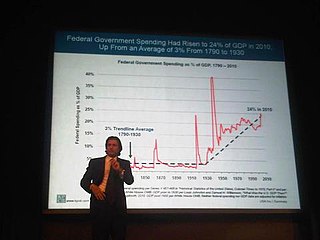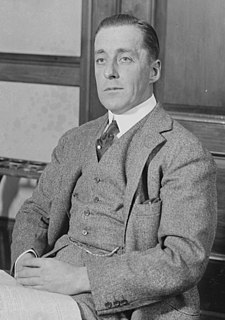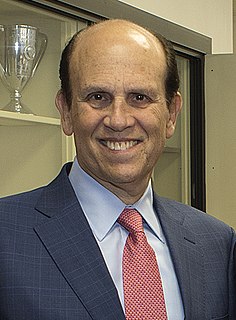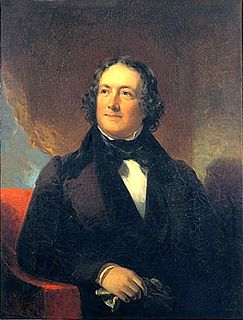A Quote by Robert Agostinelli
The fallacy in the progressive critique is the egalitarian dogma that no one should get more than what liberals deem is a 'fair' reward, nor should there be any risk to anyone to fail.
Related Quotes
Progressive liberals seem incapable of stating the obvious truth: that we who are well off should be willing to share more of what we have with poor people not for the poor people's sake but for our own; i.e., we should share what we have in order to become less narrow and frightened and lonely and self-centered people.
There are more people in America that love guns and want guns for themselves and everyone else than there are not. It is also true that liberals who don't want guns are puny by and large. They're not risking anything, all they're doing is saying they don't like something. Liberals are quick to say this should happen and this should not happen, but they don't do anything about it much.
We love being in love, that's the truth on't. If we had not met Joan, we should have met Kate, and adored her. We know our mistresses are no better than many other women, nor no prettier, nor no wiser, nor no wittier. 'Tis not for these reasons we love a woman, or for any special quality or charm I know of; we might as well demand that a lady should be the tallest woman in the world, like the Shropshire giantess, as that she should be a paragon in any other character, before we began to love her.
The historian should be fearless and incorruptible; a man of independence, loving frankness and truth; one who, as the poets says, calls a fig a fig and a spade a spade. He should yield to neither hatred nor affection, not should be unsparing and unpitying. He should be neither shy nor deprecating, but an impartial judge, giving each side all it deserves but no more. He should know in his writing no country and no city; he should bow to no authority and acknowledge no king. He should never consider what this or that man will think, but should state the facts as they really occurred.
It's a critical fallacy of our times ... that a writer should 'grow,' 'change,' or 'develop.' This fallacy causes us to expect from children or radishes: 'grow,' or there's something wrong with you. But writers are not radishes. If you look at what most writers actually do, it resembles a theme with variations more than it does the popular notion of growth.
The man who has successfully solved the problem of his relations with the two worlds of data and symbols is a man who has no beliefs. With regard to the problems of practical life he entertains a series of working hypotheses, which serve his purposes, but are taken no more seriously than any other kind of tool or instrument. In other words, symbols should never be raised to the rank of dogmas, nor should any system be regarded as more than a provisional convenience.
Being a liberal is the best thing on earth you can be. You are welcoming to everyone when you're a liberal. You do not have a small mind... I'm total, total, total liberal and proud of it. And I think it's outrageous to say "The L word". I mean, excuse me. They should be damn lucky that they were liberals here. Liberals gave more to the population of the United States than any other group.
But anyone can write, right?'" Conner asked. "I mean, that's why authors get judged so harshly, isn't it? Because technically everyone could do it if they wanted to." "Just because anyone can do something doesn't mean everyone should," Mrs. Peters said. "Besides, anyone with an Internet connection feels they have the credentials to critique or belittle anything these days.
I believe that the free enterprise system is the greatest engine of prosperity the world's ever known. I believe in self-reliance and individual initiative and risk-takers being rewarded. But I also believe that everybody should have a fair shot and everybody should do their fair share and everybody should play by the same rules, because that's how our economy's grown. That's how we built the world's greatest middle class.
He who stands aloof runs the risk of believing himself better than others and misusing his critique of society as an ideology for his private interest. While he gropingly forms his own life in the frail image of a true existence, he should never forget its frailty, nor how little the image is a substitute for true life. Against such awareness, however, pulls the momentum of the bourgeois within him.























